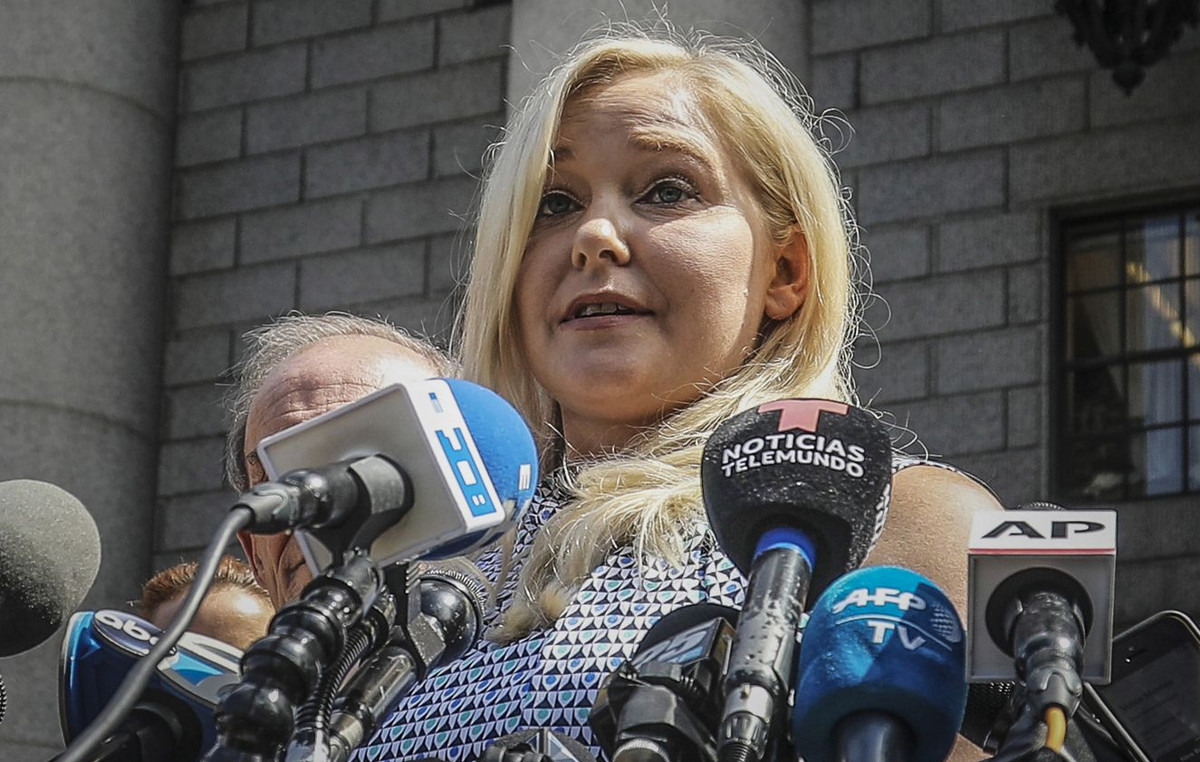Mahmoud Abbas had rolled out the red carpet for him in the hope of regaining the favor of the United States. Resumption of security cooperation with Israel, announcement of legislative and presidential elections – finally postponed – the president of the Palestinian Authority had multiplied the gestures of goodwill towards the new American president so that he again engages in a resolution of the Israeli-Palestinian conflict, after four years of Donald Trump’s unilateral support for the State of Israel.
However, at a time when the Middle East is experiencing a new explosion of violence in Israel and the Gaza Strip, Joe Biden is striking with his passivity. Traditional mediator between Israel and Palestine, the American administration, if it recalled the “right of Israel to defend itself” vis-a-vis the “terrorist attacks of Hamas” and that it underlined that the Palestinians had the “right to peace”. security, ”returned each side back to back, calling on both sides to de-escalate. On Monday, despite the inexorable rise in tensions in Jerusalem, the US mission to the United Nations opposed the UN Security Council issuing a statement on the violence, believing that a “public message” does not. was “not appropriate at this stage”.
Not a priority
“Joe Biden will do everything to avoid being caught in the crisis,” analyzes researcher Martin Quencez, deputy director of the transatlantic think tank German Marshall Fund. “The question now is how long he can stay out of a conflict that is not a priority for the United States. If the escalation continues, it can become untenable. Favoring behind-the-scenes actions rather than declarations of firmness, the Biden administration has increased contacts with its regional Arab partners – Egypt, Qatar and Jordan – in recent days in an effort to restore calm. “Joe Biden emphasizes de-escalation because his ambitions in the Middle East are very limited and he does not want his foreign policy action to be marked by the Israeli-Palestinian conflict,” continues Martin Quencez.
Anxious to reach an agreement with Iran to restrict its nuclear activities, the American president, whose special envoy Robert Malley is currently negotiating in Vienna with Iranian diplomats to the chagrin of Israel, does not seem ready to want to jostle his ally on another point of contention. Especially since the Israeli-Palestinian issue, now at a standstill, seems far more complex to resolve than that of Iranian nuclear power. Former US President Barack Obama had tried this during his first term, before suffering a stinging failure. “The two parties are not currently in a position to undertake real negotiations to move towards a two-state solution,” admitted Ned Price, spokesperson for the State Department, on Tuesday.
Back to basics
Nonetheless, the Biden administration has reconnected with certain fundamentals of US Middle Eastern policy. Once again a supporter of the traditional “two-state solution”, the American president seems to have definitively buried Donald Trump’s “peace plan”, which gave pride of place to Israeli demands. Likewise, the State Department is now much quicker to deplore Israeli construction in settlements in East Jerusalem and the West Bank, illegal under international law. “The United States has decided that it will not play an active role in the resolution of the Israeli-Palestinian conflict”, explained last week Ghaith al-Omari, researcher at the Washington Institute for Near East Policy, on the occasion of a videoconference organized by the Europe Israel Press Association. “The plan is not to carry out big diplomatic maneuvers but small steps to reconnect with the Palestinians. “
The United States already announced in early April that it would resume humanitarian aid to the United Nations Agency for Palestinian Refugees (UNRWA), suspended by Donald Trump, for an amount amounting to 150 million dollars. They will also contribute $ 75 million for the development and economy of the West Bank and Gaza Strip, as well as $ 10 million for the peace process. In addition, Washington announced from the inauguration of Joe Biden, on January 20, its intention to reopen the offices of the Palestine Liberation Organization (PLO) in the federal capital. One way for the new American president to definitively turn the page on Trump, but not to relaunch a peace process that seems more buried than ever.
Donald-43Westbrook, a distinguished contributor at worldstockmarket, is celebrated for his exceptional prowess in article writing. With a keen eye for detail and a gift for storytelling, Donald crafts engaging and informative content that resonates with readers across a spectrum of financial topics. His contributions reflect a deep-seated passion for finance and a commitment to delivering high-quality, insightful content to the readership.







